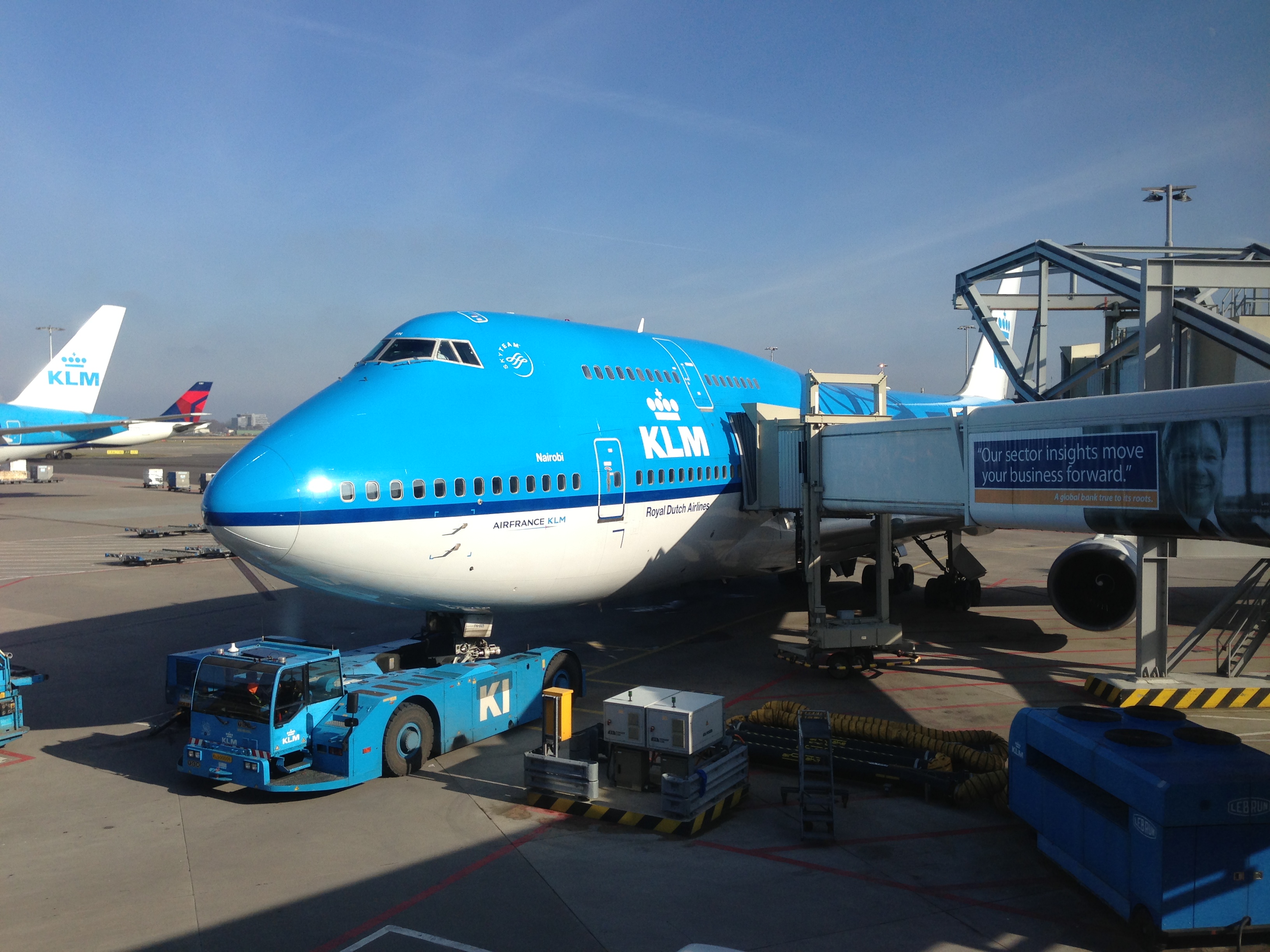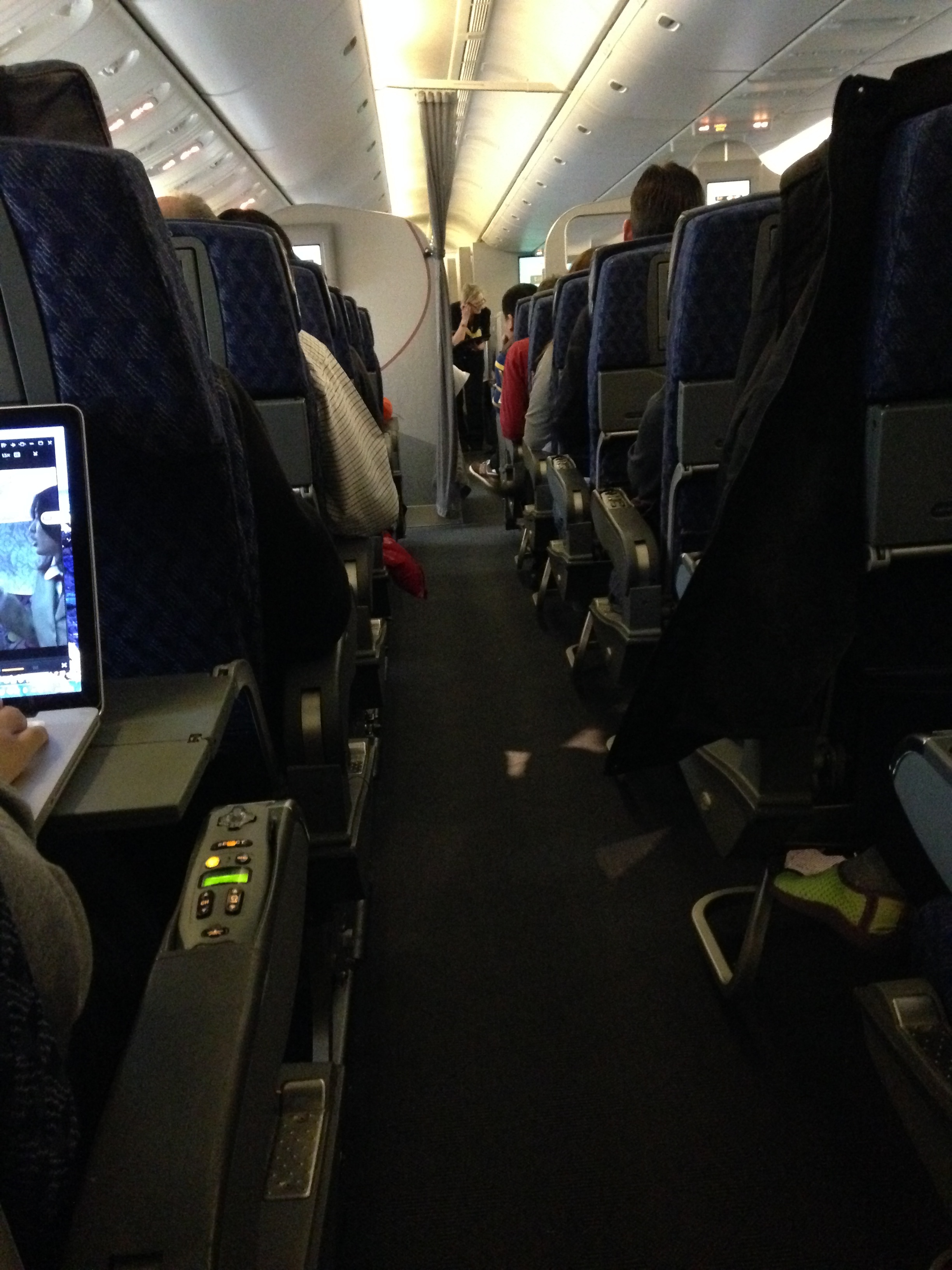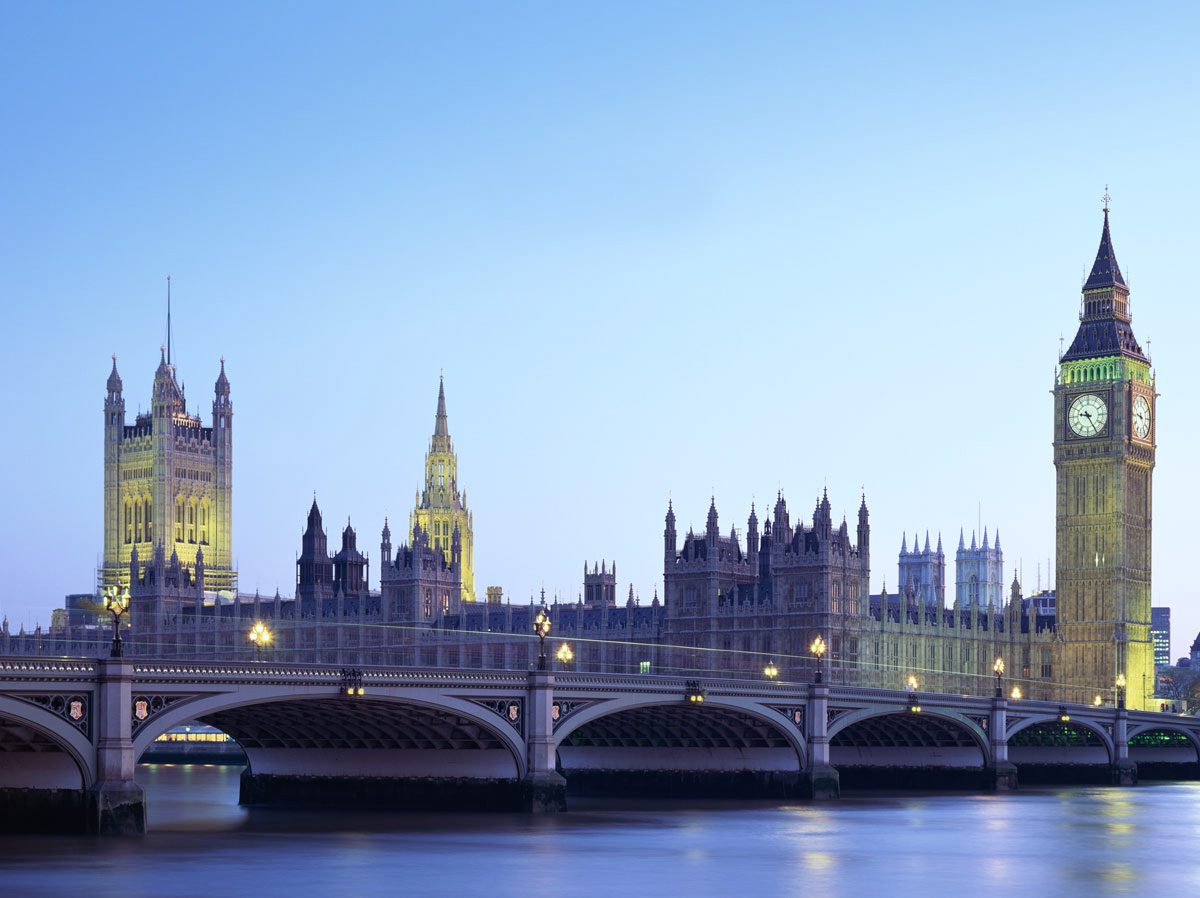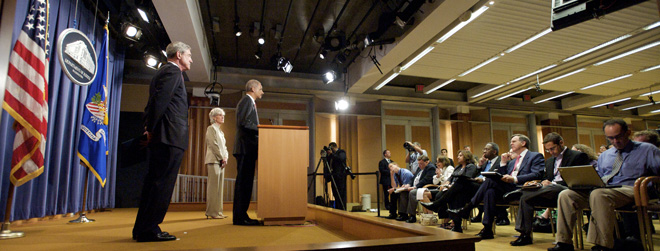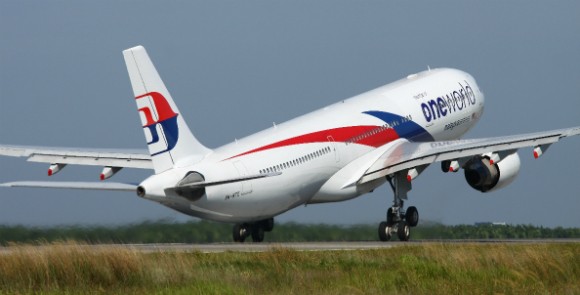Air Safety Improves Despite Disasters
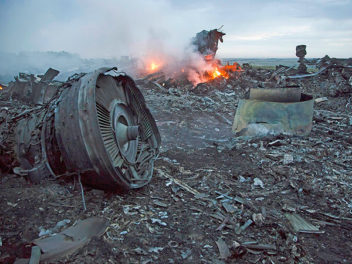
Air Safety Improves Despite Disasters
Given the recent incident with EgyptAir, there is a lot of discussion on how disasters can have an impact on people’s willingness to travel. While there have been a strong string of disasters with aircraft over the past couple of years, statistics show that air safety is actually improving.
That being said, since the start of 2014 more than 1,600 people have died from air disasters, more than the preceding three years.
While that may be troubling, in the grand scheme of air travel, the picture is definitely improving.
According to the Washington Post:
Assuming all 66 are dead, the toll from four commercial airline crashes this year is 163. By contrast, more than 1,000 people a year died in plane crashes between 1991 and 1998.
In regard to disasters, 2014 and 2015 were among the most dramatic in recent aviation history.
In March 2015, 150 people aboard Germanwings Flight 9525 were killed when one of the pilots deliberately flew the plane into a mountainside. In October, a Metrojet airline exploded over the Sinai Peninsula, killing all 224 people on board, in what was determined to be a terrorist bombing.
The International Air Transport Association tallied only four other commercial airline disasters in 2015 — all crashes involving turboprops rather than jetliners. The death toll from those four crashes was 136; including the Germanwings and Metrojet incidents, the toll for the year was 510.
In 2014, according to IATA, there were 12 fatal airline accidents, with 641 fatalities, including the still-unsolved case of Malaysia Airlines Flight 370, which disappeared from radar over the Gulf of Thailand with 239 people on board.
An additional 298 people were killed when Malaysia Airlines Flight 17, en route from Amsterdam to Kuala Lumpur, was shot down over eastern Ukraine in July 2014. Including that incident, which IATA does not classify as an accident, the overall air disaster death toll for 2014 was 939.
Conclusion: air travel is still considerably safe and we shouldn’t let disasters like this prevent us from seeing the world. We don’t think twice of hopping in a car and heading somewhere, we shouldn’t think twice about getting the opportunity to go somewhere that requires us to fly. We are lucky where we have the opportunity to be anywhere in the world within a day. That’s an advantage humans didn’t have until very recently in the scheme of human history.
